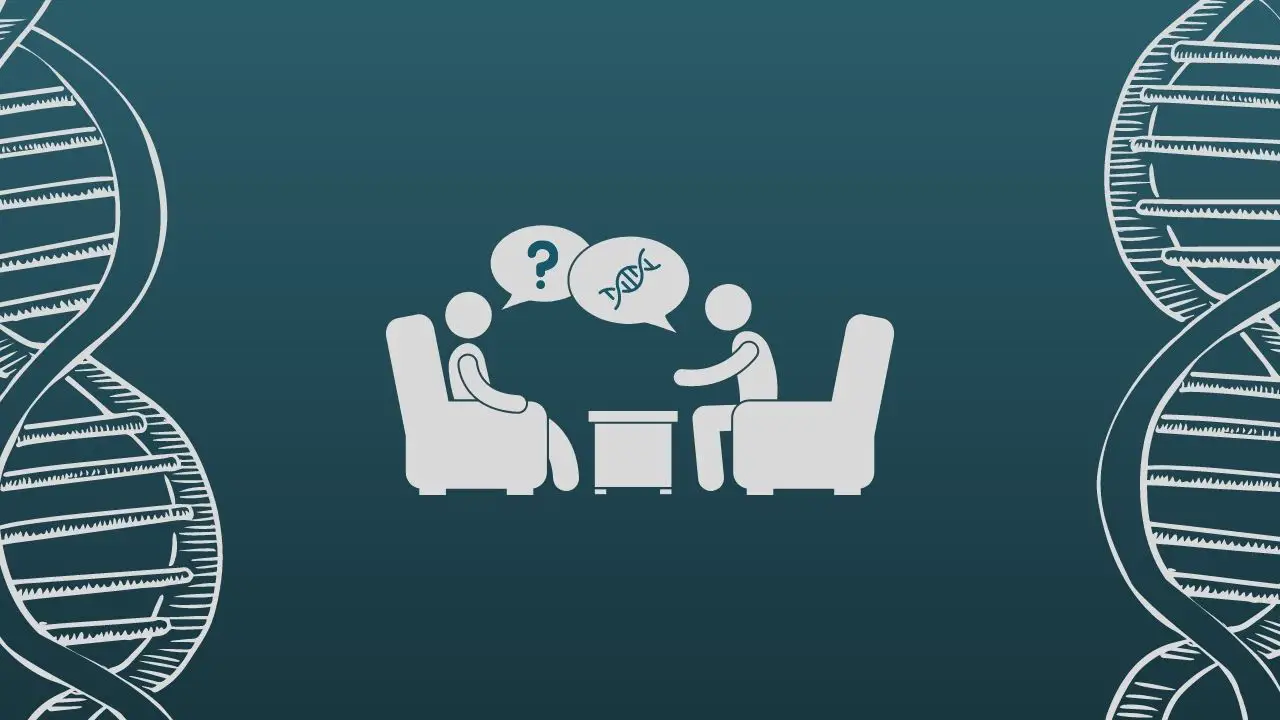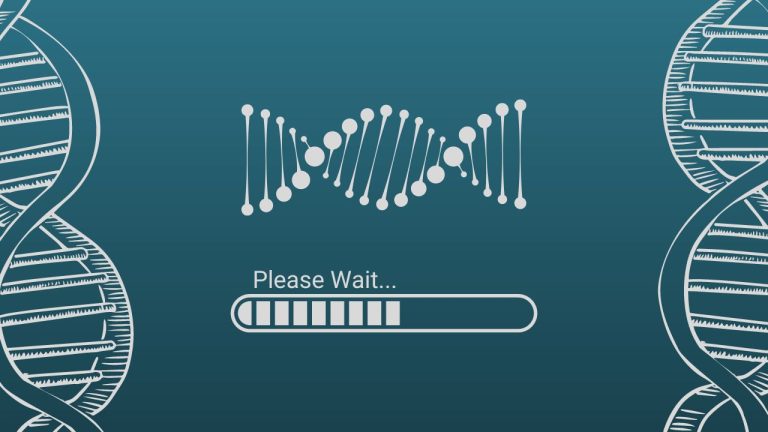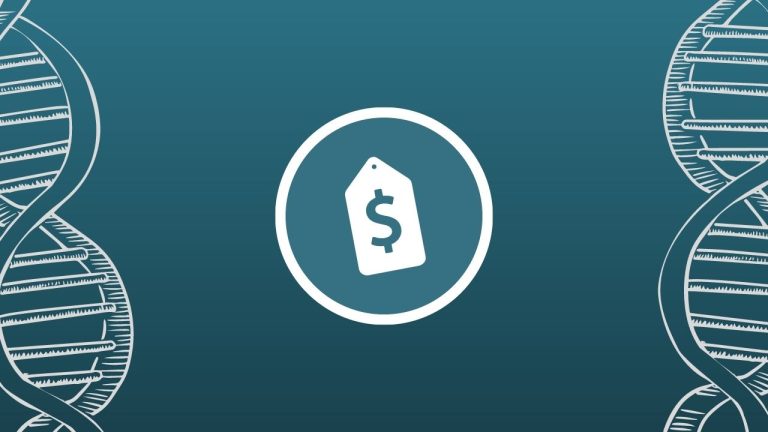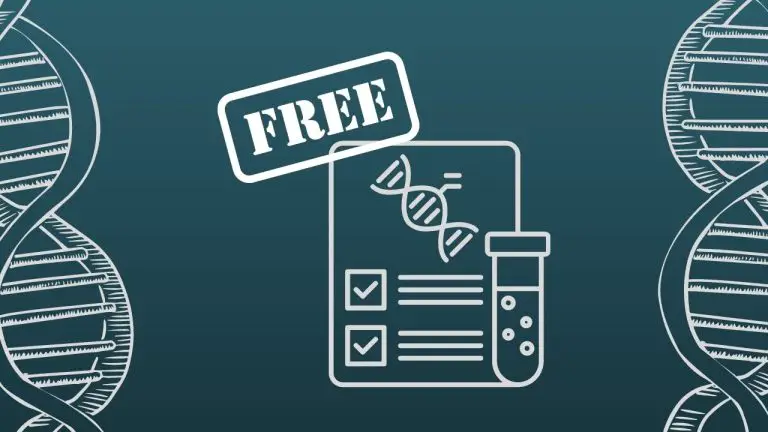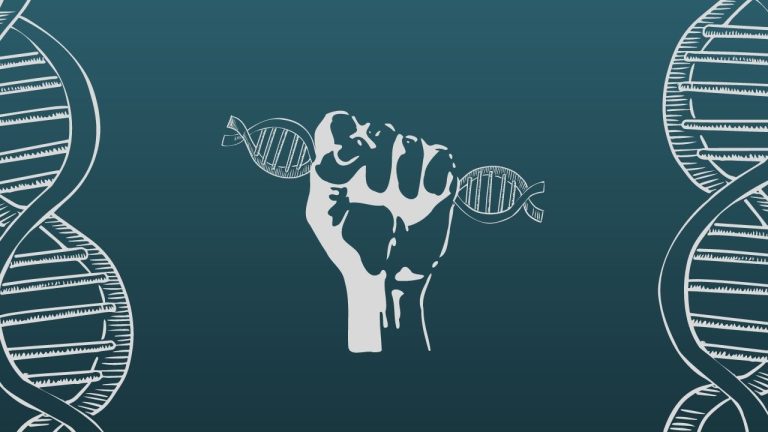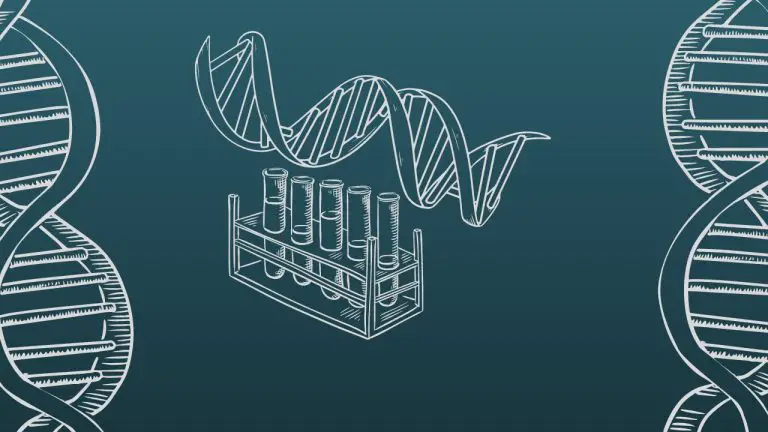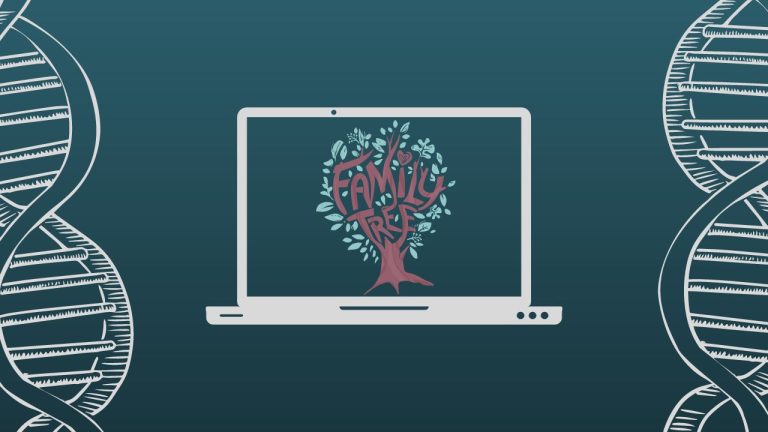Genetic Counseling
The popularity of genetic testing kits has continued to soar in recent years. With massive investments in innovative direct-to-consumer testing solutions by major players in the industry, the market is expected to witness a surge in sales.
Global Insight Market predicts that the genetic testing market will generate 22 billion dollars by 2024. The implication is that more genetic counselors would be required to guide patients through their results.
The emotional distress that comes with finding out about a positive detection of a mutation can be pretty overwhelming for many. Thankfully, a genetic counselor can help patients navigate through this difficult phase.
What Is Genetic Counseling?
Genetic counseling is advice or guidance on genetic disorders provided by a specialized healthcare professional known as a genetic counselor to an individual or family.
A genetic counselor may provide information on how a genetic condition may affect an individual or family.

Similarly, the genetic counselor helps to interpret genetic tests developed to measure disease risks and communicate information to provide answers to the individual or family questions.
The genetic counselor assists them in making informed decisions about their medical condition and offers psychological counseling to assist them in adapting to their condition or risk.
Generally, the role of the genetic counselor is to provide information and answers to questions regarding:
- The science behind genetic disorders
- Your chances of developing a genetic disease
- Genetic disease management and prevention
- Accessible resources
Genetic counselors can also help educate your family, carers, and doctors about your medical situation.
Areas Of Genetic Counseling
Most genetic counselors often work with doctors, obstetricians, and oncologists in clinics or hospitals. However, just like doctors, doctors, genetic counselors can work in different areas of service, including:

Pediatric
Pediatric genetic counselors work with children and their families. These children may have:
- A congenital disability
- A known genetic disease
- An unusual newborn screening result
Prenatal and preconception
- They work with couples who are planning on having a child.
- Families who are already expecting a baby.
Cancer
- Cancer genetic counselors work with individuals with a personal or family history of cancer.
Cardiovascular
- Works with patients with diseases of the heart and their family members.
Neurology
- Help patients with diseases of the brain and nervous system and their family members.
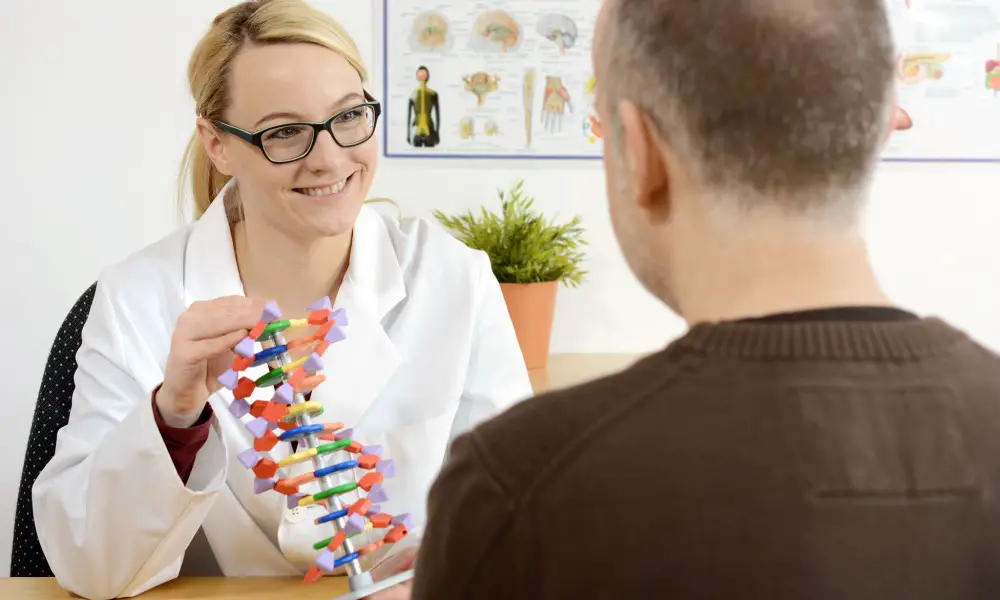
Who Needs Genetic Counseling?
You might consider genetic counseling if you are worried that your baby might be born with a congenital disability that has previously affected other family members. In addition, individuals whose parents, siblings, or other relatives have diseases like Alzheimer’s, cancer, or Parkinson’s may undergo genetic counseling, as they are at risk of developing the disease. You might also need genetic counseling if:
- You are having difficulty getting pregnant or have experienced several miscarriages.
- If you plan to have a baby and want to know more about screening for genetic conditions.[A5] [A6]
- Searching for screening information about genetic diseases prevalent in certain ethnic groups, such as sickle cell anemia among individuals of African descent.
Preparing for a meeting with a genetic counselor
Knowing your family’s medical history allows you to get the most out of your genetic counseling session. Your genetic counselor may request:
- Medical documentation: These records include notes from doctors and pathology reports.
- A list of family members: This list may include parents, siblings, cousins, uncles, aunts, nephews, and grandparents.
- Information on the disease on the disease diagnosed in your family: This information is vital as it can help enhance the genetic counseling process.
What happens during a genetic counseling session?
Your genetic counseling session starts with meeting a genetic counselor. The counselor will ask about your personal medical histories, such as illnesses in your family, unexplained deaths, miscarriages, and stillbirths.
The genetic counselor would also look at previous testing you might have done. When the counselor has all of the necessary medical information, they will:
- Suggest genetic testing
- Examine the test result and describe how changes can cause genetic diseases.
- Discuss the likelihood of a genetic disease being passed down to a child.
- Discuss options for what to do next.
- Provide support and resources.
Genetic Counseling for Pregnancy
A genetic counselor can help you determine your chances of having a baby with a genetic disorder or congenital disability.

During prenatal genetic counseling, the counselor would go over your medical history, potentially hazardous exposures, and prenatal test results. Then, if your baby has a problem, your genetic counselor can help you figure out what to do next.
What you need to know
Everyone has genes that are arranged into 46 chromosomes inside our cells. These genes determine hair color, eye color, and other characteristics.
The bulk of the human cells has 23 pairs of chromosomes. However, egg cells are 23 unmatched because they wait to mate with sperm cells.
At the start of pregnancy, the sperm and the egg are fused to start a brand-new cell with 46 chromosomes. Each gene is either dominant (requiring only one copy of the gene to cause the disease or trait) or recessive (requiring two copies of the gene to cause the disease).
Dominant genetic disorders
A dominant disorder may occur if a parent has a dominant gene for a particular condition.
There is a 50% chance that each child may develop the condition. The mutated gene in an X-linked dominant disorder is on the X chromosome, one of the two sex chromosomes in each cell.
Although males only have one chromosome, the trait is dominant and can cause the disorder. In addition, females with just a copy of the mutated gene can also have the disorder.
Examples of dominant genetic disorders are Huntington’s disease, Marfan syndrome, and ovarian cancer (the BRCA gene).
Recessive genetic disorders
If only the parent carries a recessive gene, the child will not be affected by the condition or trait.
If both parents carry a recessive gene, each child has a one in four chance of inheriting the condition. Examples of recessive genetic disorders are Tay-Sachs, sickle cell anemia, and phenylketonuria (PKU).
Common Pregnancy Genetic Testing
Several types of genetic testing can be conducted during pregnancy. They include:
- Noninvasive prenatal testing (NIPT): This test is conducted to discover several common genetic disorders, including down syndrome. It is done on maternal blood and does not pose any risk or harm to the baby and pregnancy.
- Ultrasound is used to check the baby’s anatomy for heart defects, limb problems, or kidney issues. It is usually done between 18 and 22 weeks of pregnancy. Note that an ultrasound screening does not detect all defects and only reduces the likelihood of having a baby with a defect.
- Quad screen: This blood test screens the mother’s blood for certain alpha-fetoprotein, hCG, and estradiol substances. It is done between 15 and 20 weeks of pregnancy.
- Chronic villus sampling is a simple procedure involving using a needle to conduct a targeted placental biopsy.
- Amniocentesis: This test is used to screen for all chromosomal defects by testing fetal cells in the amniotic fluid. It is usually done between 15 and 18 weeks of gestation. Although the results are accurate, they fall short of revealing the severity of a particular defect.
Who Needs Prenatal Genetic Counseling?
Anyone who has unanswered questions about disease or traits in their family should consider prenatal genetic counseling, especially:
- You will be 35 or older on your due date. (The chances of having a child with a chromosomal abnormality increase with age) For example, women older than 40 or above are more likely to have children with down syndrome.
- Individuals who have a family history of congenital disabilities.
- The baby’s father happens to be your first cousin or another close-blood relative.
- You and your partner have a genetic carrier screening showing that your child could inherit a genetic disorder.
- If you have a history of infertility, stillbirths, previous cases of miscarriage of unspecified causes, or a baby who died in infancy.
- People who worry that their lifestyle, jobs, or medical history might risk pregnancy, including exposure to chemicals, drugs, infections, etc.
- Your ultrasound showed a problem if you have used alcohol or drugs during pregnancy
- You have been exposed to substances that may cause congenital disabilities, such as radiation or toxic chemicals.
- You have had chemotherapy or a medical condition such as diabetes or epilepsy, which could directly affect your baby’s health.
- Your ethnic background places your baby at higher risk of developing sickle cell anemia or Tay-Sachs disease.

What To Expect At A Prenatal Genetic Counseling Appointment?
Your genetic counselor will review with you the following:
- Your medical history: The counselor will request as much information about you and your partner’s family history. You will need to learn about any congenital disabilities or chronic diseases in either of your family. In addition, your counselor will discuss any inherited disorders that appear in your family history and the odds of you passing them to your child.
- Your exposures: You would be asked about a list of toxic substances you have been exposed to or medications you may be taking or have taken during gestation.
- Prenatal tests: The counselor can help you learn the risks, benefits, and drawbacks of any prenatal tests.
A typical counseling session lasts 20 to 60 minutes. However, the counseling session may take longer depending on the number of questions asked.
Options for Pregnancy After Genetic Counseling
Options Before Pregnancy
The following options are available for people thinking about getting pregnant after genetic counseling:
Preimplantation diagnosis
Pre-implantation implies that the embryos have undergone genetic testing before being implanted into the uterus. These genetic tests can be carried out weeks or months later after implantation. They may include:
- Prenatal genetic testing: During pregnancy, these tests include chorionic villus sampling, amniocentesis, and various maternal blood tests.
- Newborn genetic screening: These tests are conducted just after childbirth.
- Diagnostic and carrier testing: Diagnostic testing is used to determine if an individual who does not have a genetic disease could be at risk of passing one to their children.
The main advantage of testing embryos before they are implanted is that only embryos free from genetic diseases are allowed to develop.
The use of donor sperm or donor egg
Donor sperm or donor egg are used when the parents are trying to avoid transmitting a genetic disease to their offspring.
Adoption
Depending on the type of adoption, you can get to know some information such as the age, height, medical history of both parents, medical problems in the child’s family, birth history, etc.
Options After Pregnancy
After genetic counseling, an already pregnant individual can decide to have the baby, undergo surgery while the baby is still in the womb, or terminate the pregnancy.
FAQs on Genetic Counseling
What is the training and certification of a genetic counselor?
A genetic counselor is a medical professional who has received additional training. Medical genetics and counseling are their areas of expertise. Most genetic counselors in the United States have a master’s degree in genetic counseling.
The American Board of Genetic Counseling accredits genetic counselors. However, genetic counselors must participate in continuing education to maintain their certification like other healthcare professionals.

Would your genetic counselor direct you in a particular direction?
Genetic counselors do not steer their patients to make critical decisions. Rather they can only advise you of your options. A genetic counselor will clarify the prognosis for a child with an abnormality and the treatments required both at birth and all through the child’s life.
Should I still have genetic counseling in pregnancy if I oppose abortion?
It is not advisable to reject genetic counseling or prenatal tests even if you oppose abortion.
Realizing that your child has a condition ahead of time allows you to seek advice from various sources, prepare for the worst, and handle any guilt you might feel before your child’s birth.
What if I find out that my baby might have a problem?
The counselor will be available to provide support and guidance. In addition, genetic counselors would work with you and your family to help you understand and remember information.
They can help you express your feelings and put the risk into context by providing vital information. Depending on the genetic counselor, you might be asked open-ended questions to elicit your thoughts on your questions. Some of these questions include:
- What would it mean to your family if you had a child with a genetic disorder?
- How would it affect your other children if you have a child with a genetic condition?
Is genetic testing required for genetic counseling?
No. During your session, you would discuss whether genetic testing is applicable for you with your genetic counselor. After your session, you will be able to decide whether you want genetic testing or not.
Is genetic counseling helpful for genetic testing?
Yes. The results of genetic testing are not always clear and simple. Therefore, there is a chance that you will receive an uncertain result or a result that fails to explain your condition’s personal or family history.
Your genetic counselor will assist you in understanding the limitations of genetic testing.
Your genetic counselor can also help interpret your test results and determine what type of genetic testing you and your family members should consider.
Should I be worried about insurance discrimination and confidentiality?
There is a federal law called the Genetic Information Non-Discrimination Act [A9] [A10] (GINA) to help protect against genetic discrimination. GINA prohibits employers and health insurance companies from using genetic information.
How Do I Find A Genetic Counselor?
You can find a genetic counselor through your health practitioner. You can also contact your insurance company to find a genetic counselor in your area. Similarly, the National Society of Genetic Counselors (NSGC) offers a searchable directory of genetic counselors in the United States and Canada.
You can also check the searchable directory of certified genetic counselors worldwide offered by the American Board of Genetic Counseling (ABGC).

